Urinary stones
MEdical Management and prevention
Urinary calculi are formed due to high concentrations crystal forming substances such as calcium, oxalate and uric acid. Some ureteric stones can be treated conservatively with surveillance and analgesia. Dr Niero with guide you through the risks and benefits of stone passage and provide you with you with a regime to help expel the stone and highlight factors to be aware of which are red flags.
Analgesia - Anti-inflammatory if not contraindicated are ideal for renal colic. Break through pain medication may also be needed.
Medical expulsion - The use some medications may have some benefits in expediting stone transit as well as reducing analgesia requirement.
Prevention - Hydration, reduce oxalate rich foods, reduce high protein diet. reduce salt and maintain normal calcium diet.
ureteroscopy and laser
The process of passing a small camera into the ureter or kidney and using laser to fragment to stone to smaller pieces. This is completed via the urethra and no incisions are needed on the skin. Most instances a stent is placed temporarily to splint the ureter to allow for the fragments to washout and for the ureteric swelling to resolve.
The procedure is usually a day or an overnight case depending on the complexity of the stone surgery.
Extracorporeal Shock Wave Lithotripsy
Is the process of administration of a series of shock waves generated by a machine called a lithotripter. X-ray or ultrasound is used to focus the shock waves onto the kidney stone where they break it into small fragments. These small stone fragments are then passed out of the body in the urine.



